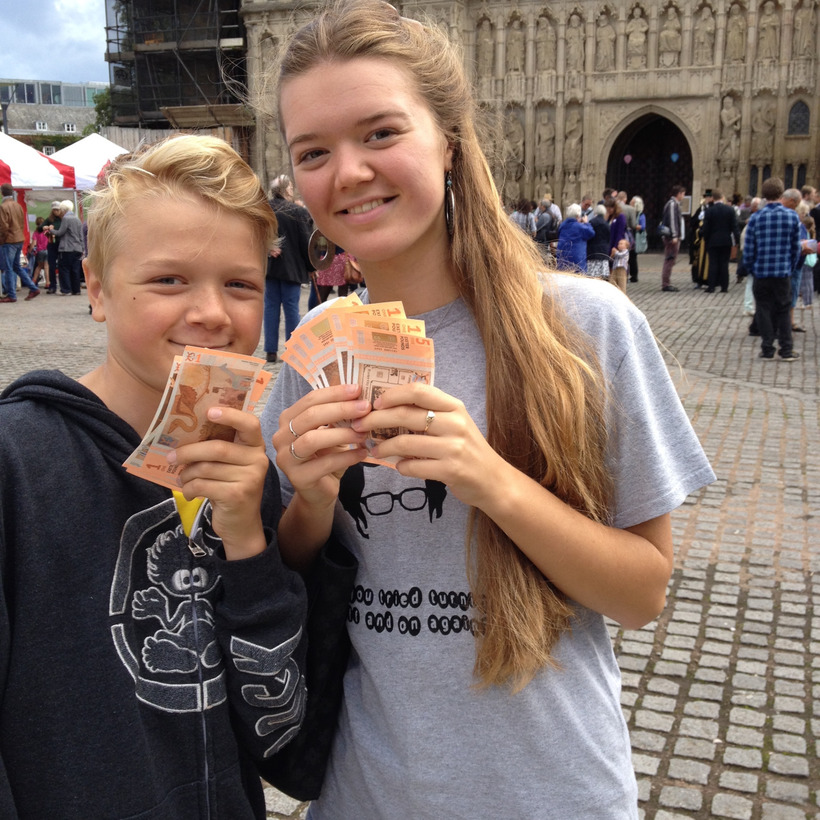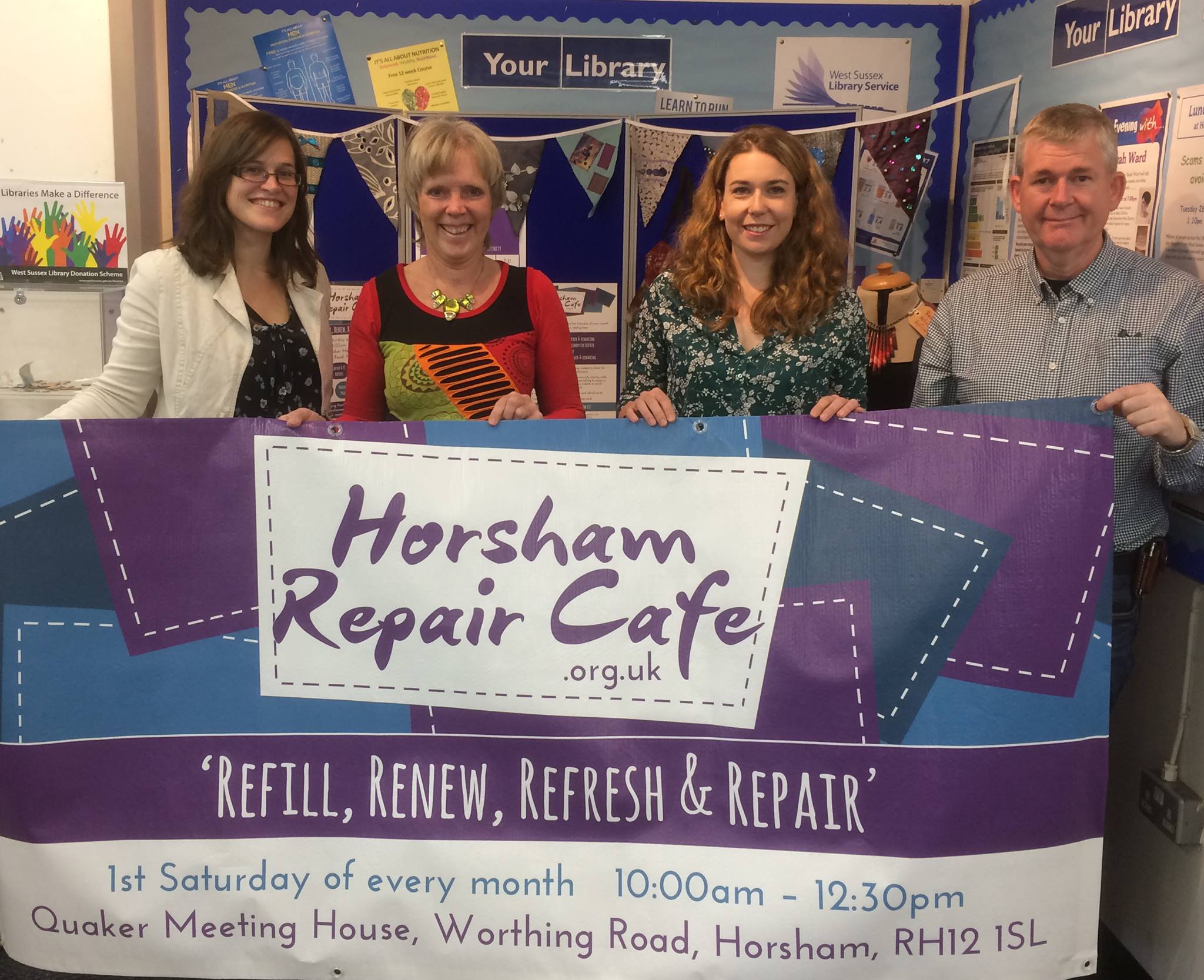Resource
10 principles for a new economy
Ten principles that could underpin an economic system that is compatible with Quaker values. A resource for reading groups to consider alongside the new economy booklet series.
We work to create an economy that values people and the planet above profit. Alternatives to irresponsible capitalism are emerging all the time – and Quakers are bringing them into their local communities.
The new economy project supports Quakers to articulate a vision of a practical, ethical economic system in line with Quaker values. We also support Quakers who are taking action to move our economy in this direction.
[QUOTE-START]
"The global economic system is posited on continued expansion and growth, and in its pursuit of growth it is often unjust, violent and destructive."
- Minute 23, Britain Yearly Meeting 2011
[QUOTE-END]
The new economy refers to an economic system that values human wellbeing, fairness and sustainability above profits. For Quakers, the new economy makes possible:
"a way of living that will free us from the bondage of material things and mere conventions, that will raise no barrier between man and man, and will put no excessive burden of labour upon any by reason of our superfluous demands."
from 'Foundations of a true social order' (iv) Quaker faith & practice , 23.16
The current economic system has provided humanity with many material benefits. However those benefits have been unequally shared. Many of them have been brought about through the over-exploitation of the Earth's natural resources.
Quakers have committed to work towards a different kind of economic system based on our belief in a fundamental human equality and respect for the Earth.
A green, just transition away from the sickness of the pandemic, and the injustices it has worsened, requires an economy that values people properly.
Alongside many grassroots groups, Quakers have been working towards a new economy for some time. This new economy isn't just an idea: it's already here – in food co-operatives, in repair workshops, in the unpaid help that people give their neighbours.
Many Quakers are involved in practical initiatives that form the basis of a new economy, such as community food growing, renewable energy cooperatives, and sustainable small businesses.

Exeter Quakers helping to launch a regional currency in their city.
Gill Westcott, a Quaker from Exeter Local Meeting, described the initiative as a way to 'bring custom to local independent businesses, shorten supply chains, and promote a more integrated and sustainable local economy." The chair of the Exeter Pound Board says "Using the Exeter Pound encourages a more connected and thriving local economy, where we depend more on one another, and less on the ups and downs of the global financial system. Goods travel less far, which is also good for the earth."
Visit the Exeter Pound website.

Horsham Quakers hosting a monthly repair cafe in their meeting house.
Locals volunteers use their skills to fix electrical items, clothes, and toys. People make gifts, swap pre-owned items, and cut down on landfill by refilling containers of household products. The project brings together people in the community and enables people to live more sustainably in the process.
Visit the Horsham repair cafe website.
Between 2014 and 2017 Quakers in Britain commissioned experts in new economic thinking to share their knowledge in a series of seven booklets. Each booklet looks at a different aspect of the economy through a Quaker lens and contains key facts, ideas for action and questions for reflection.
All seven booklets are available to read for free online. When pandemic health restrictions lift, paper copies will be available to order.
Since the launch of these booklets in November 2016, there have been more than 50 active new economy reading groups across Scotland, England and Wales. Anyone can set up a group of their own. Learn more and contact Rebecca Woo on 0207 663 1107 or at rebeccaw@quaker.org.uk to be connected to an informal network of some of the reading groups.
Read about new economy initiatives and find ideas for action in these guides for Quakers:
In an episode of the Q:Witness podcast from 2017, Cait Crosse (then New Economy Project Manager), shares what's happening with the project and interviews Quaker Yuan Yang, Beijing correspondent for the Financial Times and founder of Rethinking Economics.
In this episode, Cait Crosse explores how is money actually created, whether a bank can be ethical and how to ensure a favourable reincarnation of the economic system.
23 July 2019 by Olivia Hanks